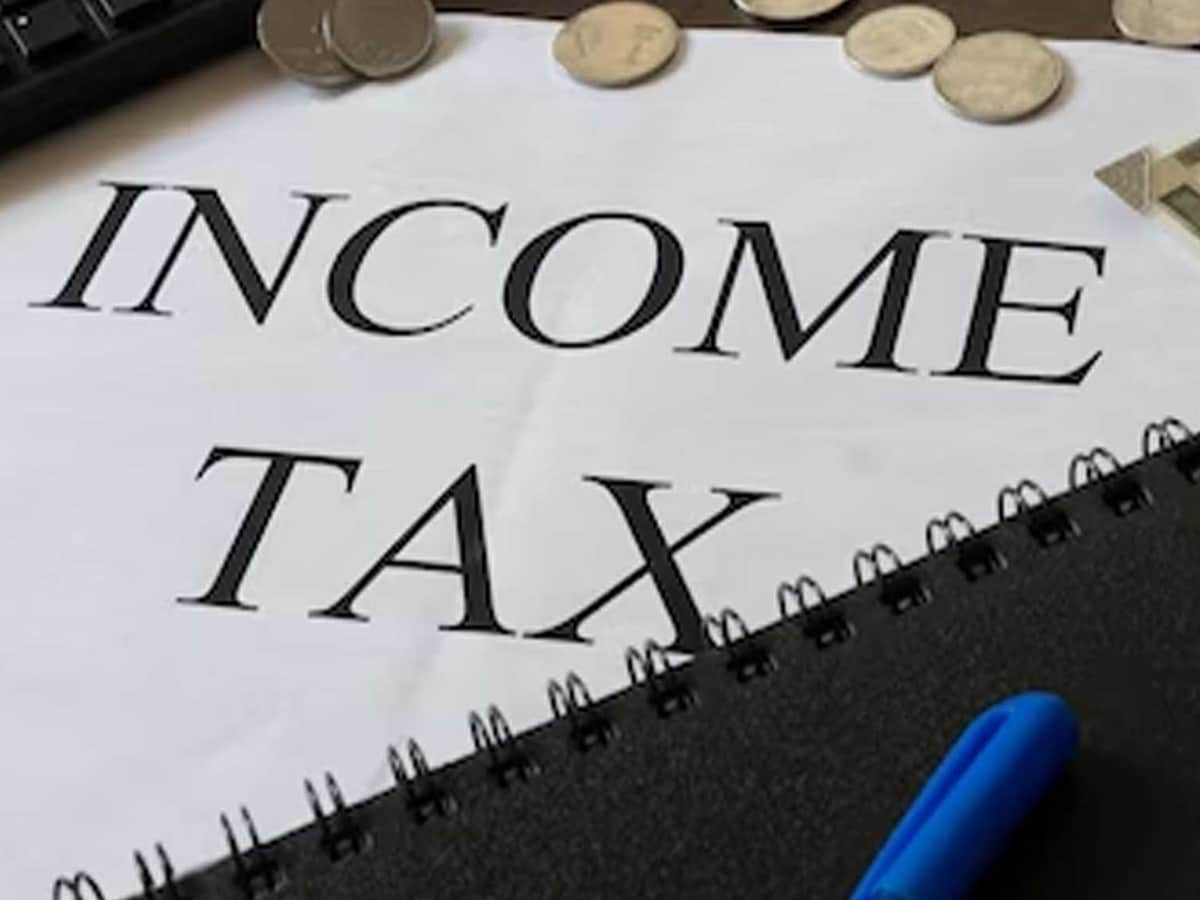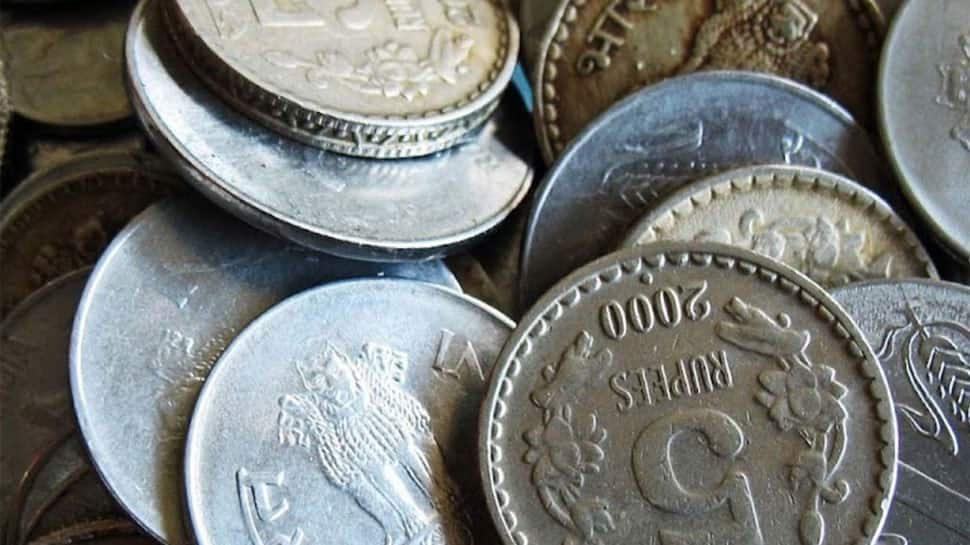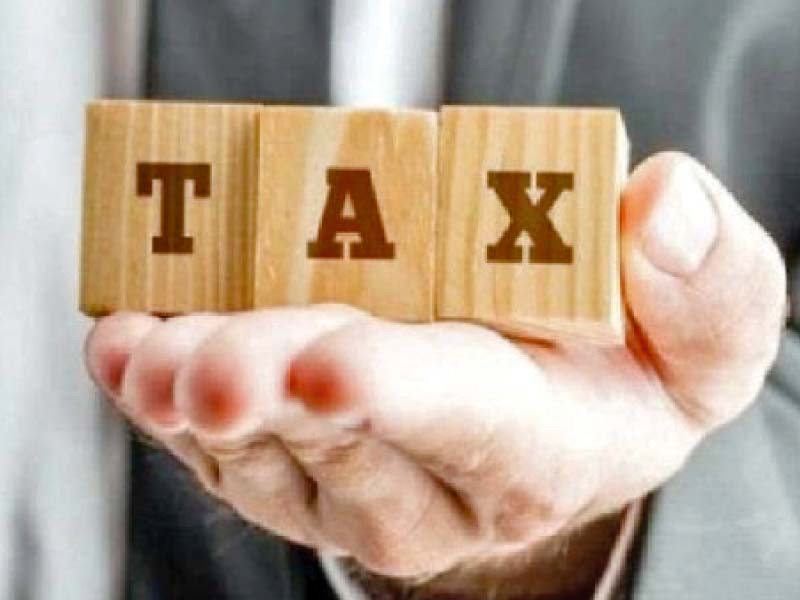ISLAMABAD:
The Federal Board of Revenue (FBR) has recommended the imposition of a 5% tax on bonus shares issued by companies and on their undistributed profits in the next budget. This proposal would primarily affect family-owned companies but would benefit minority shareholders.
Sources told The Express Tribune that the FBR is contemplating the reinstatement of two old tax measures that were previously dropped for various reasons. These measures involve levying a 5% income tax on bonus shares issued by companies instead of paying dividends to shareholders.
If approved by the finance minister and later by the prime minister, the bonus tax proposal would provide a dual benefit to the tax authorities. If companies pay dividends, the FBR would receive a 15% tax, and if companies opt to issue bonus shares, the FBR would still collect a 5% tax. Finance Minister Ishaq Dar will begin reviewing and either accepting or rejecting taxation proposals soon, as the budget announcement is only five days away.
The government had previously imposed a tax on bonus shares in 2014 through sections 236M and 236N of the Income Tax Ordinance. At that time, then-Finance Minister Ishaq Dar stated that the 5% income tax on bonus shares was introduced to close loopholes used by companies to evade taxes.
For the upcoming fiscal year, the government is considering a tax collection target of Rs9.2 trillion, indicating a preference for extracting revenue from existing taxpayers rather than broadening the tax base.
Sources also revealed that the FBR has finalised a proposal to reinstate section 5A of the Income Tax Ordinance, which addresses the tax on undistributed profits. This tax had been removed by the previous government. The FBR is contemplating a 5% income tax on the undistributed profits of companies, according to the sources.
This proposal serves as an alternative to the Reform and Revenue Mobilisation Commission’s (RRMC) suggestion to impose a 5% to 7.5% tax on the undistributed reserves of companies, which is a more comprehensive approach. However, the business community and the FBR have opposed the RRMC proposal, leading the tax authorities to consider reviving the old section 5A.
During a meeting with the finance minister on Saturday, the Pakistan Business Council (PBC) expressed opposition to the proposal of a 5% tax on undistributed reserves, citing liquidity concerns and the cost of funding working capital.
The PBC also opposed ending the final tax regime for exporters and insisted that exporters should not be subjected to the minimum tax regime. Under the minimum tax regime, exporters would be required to fully document themselves, which they currently avoid by remaining in the final regime.
The Tola Commission had proposed income tax rates of 5% for listed companies and 7.5% for non-listed companies, to be levied on the distributable reserves of such companies. The Tola Commission estimated an annual revenue impact of Rs338 billion based on a total value of Rs5.44 trillion in company reserves. The report also projected an additional revenue of Rs141 billion from listed companies that have not paid dividends in the past three years, with reserves totalling Rs2.8 trillion. Similarly, non-listed companies have reserves valued at Rs2.6 trillion, and the FBR could potentially generate an additional annual revenue of Rs197 billion at a rate of 7.5%.
However, the FBR is not in favour of this proposal and instead suggests restoring the tax on undistributed profits at a rate of 5%.
Following a report by The Express Tribune on the RRMC proposal, companies with significant reserves started issuing bonus shares. The Securities and Exchange Commission of Pakistan (SECP) is estimated to earn at least Rs500 million in fees, averaging 0.5% of the increased authorised capital of these companies. These companies are increasing their capital levels to avoid the tax.
To counter this strategy, sources say, the FBR intends to impose a 5% tax on the issuance of bonus shares, which is expected to generate significant revenue.
Until 2019, the government imposed a 5% tax if a company did not distribute at least 20% of its after-tax profits in cash within six months of the end of the tax year.
This is not the first time a proposal has been made to tax undistributed reserves of a company. Similar impositions were previously attempted twice under sections 12(9A) of the repealed Income Tax Ordinance 1979 and section 5A of the 2001 ordinance, as noted by Shabbar Zaidi, former Chairman of the FBR.
However, previous impositions were limited to listed companies, unlike the current proposal to tax undistributed reserves of the entire corporate sector.
The government has been striving to alleviate concerns among the business community, which is worried about increasing default risks and the adverse impact of import restrictions.
During discussions with various business bodies, Dar “reassured” the nation that Pakistan will not default and promised that the government has planned reforms for the country’s “long-term improvement”.
The finance minister emphasised that the government’s objective is to overcome the crisis. He acknowledged the “unprecedented delay” in reaching a staff-level agreement with the International Monetary Fund (IMF) despite Pakistan having fulfilled nearly all the requirements.
Furthermore, he acknowledged that the tough economic decisions made by the government have placed a significant burden on the business community and the general public.
He strongly criticised those who predict the consequences of default, stating, “Some people like to give dates that Pakistan will default on so and so date — they should be ashamed.”
Miftah Ismail, his predecessor, recently stated that without the IMF’s support, Pakistan may default by October this year.
Published in The Express Tribune, June 4th, 2023.
Like Business on Facebook, follow @TribuneBiz on Twitter to stay informed and join in the conversation.














































